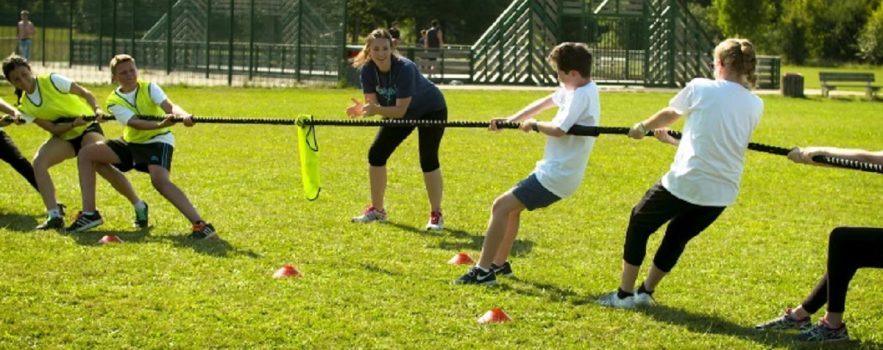A systematic review and meta-analysis published recently in the International Journal of Behavioral Nutrition and Physical Activity evaluated staff training within school-based physical activity promotion interventions and examined the association between training features, teachers’ professional practice, and changes to students’ physical activity.
Why school-based physical activity promotion needs improvement
The majority of children and adolescents worldwide are not physically active enough to maintain good health. Schools have the potential to effect large-scale positive change. Accordingly, they have been the focus of the majority of government policies and research-led intervention programmes aiming to increase young people’s physical activity. However, the best available evidence suggests that these policies and programmes have largely failed to achieve their desired outcomes and the reasons for this are poorly understood.
The success of school-based physical activity promotion interventions is often dependent on behaviour change by key actors in students’ lives, including teachers. For example, teachers may be asked to implement a new sports programme or ‘active’ lesson, which aims to increase students’ physical activity. To facilitate this process, teachers are frequently provided with training, the broad aim of which is to change their practice. Little is known about the training they receive, and if and how this effects their professional practice and student programme outcomes.
Systematic review of staff training
To investigate this, researchers at the MRC Epidemiology Unit led by PhD student Mairead Ryan and Dr Esther van Sluijs reviewed evidence from 51 randomised controlled trials to determine what staff training has been provided within school-based programmes aiming to increase students’ physical activity. They then explored if specific training features are associated with teacher professional change and desired student outcomes. The studies included in their systematic review and meta-analysis were conducted in 19 countries; each study included an average of 14 schools and 779 students.
Overall, the researchers found that most of the training provided to school staff within these programmes was not based on relevant literature about teacher professional development. This finding provides insights into why these programmes may be failing to change professional practice and student outcomes. They were also able to identify specific training features associated with programme success. For example, they found that teachers enrolled onto training where they had an opportunity to practice the new teaching technique or lesson and were provided with evaluative feedback were more likely to deliver the programme to students as intended.
Steps to improving training for school-based physical activity promotion
This study advances our understanding of how programmes have been implemented in practice to date, and provides detailed guidance to support the success of future school-based programmes aiming to promote physical activity. The authors encourage researchers to engage with discipline-specific experts and literature when designing and evaluating all components of a school-based physical activity promotion programme, including the staff training. They also advise that future training programmes provide teachers with (i) a demonstration of the desired behaviour (ii) an opportunity to practice the behaviour (iii) feedback on their performance of the behaviour (iv) a behavioural goal (self-defined or otherwise) and (v) resources/objects that facilitate and cue performance of the desired behaviour. They also encourage all researchers to provide complete descriptions of any staff training delivered within school-based physical activity promotion programmes so that findings can be tested and used in different contexts and school settings.
Find out more
- Full paper: Features of effective staff training programmes within school-based interventions targeting student activity behaviour: a systematic review and meta-analysis. Ryan M. et al. 2022 International Journal of Behavioral Nutrition and Physical Activity. DOI:10.1186/s12966-022-01361-6

 MRC Epidemiology Unit
MRC Epidemiology Unit